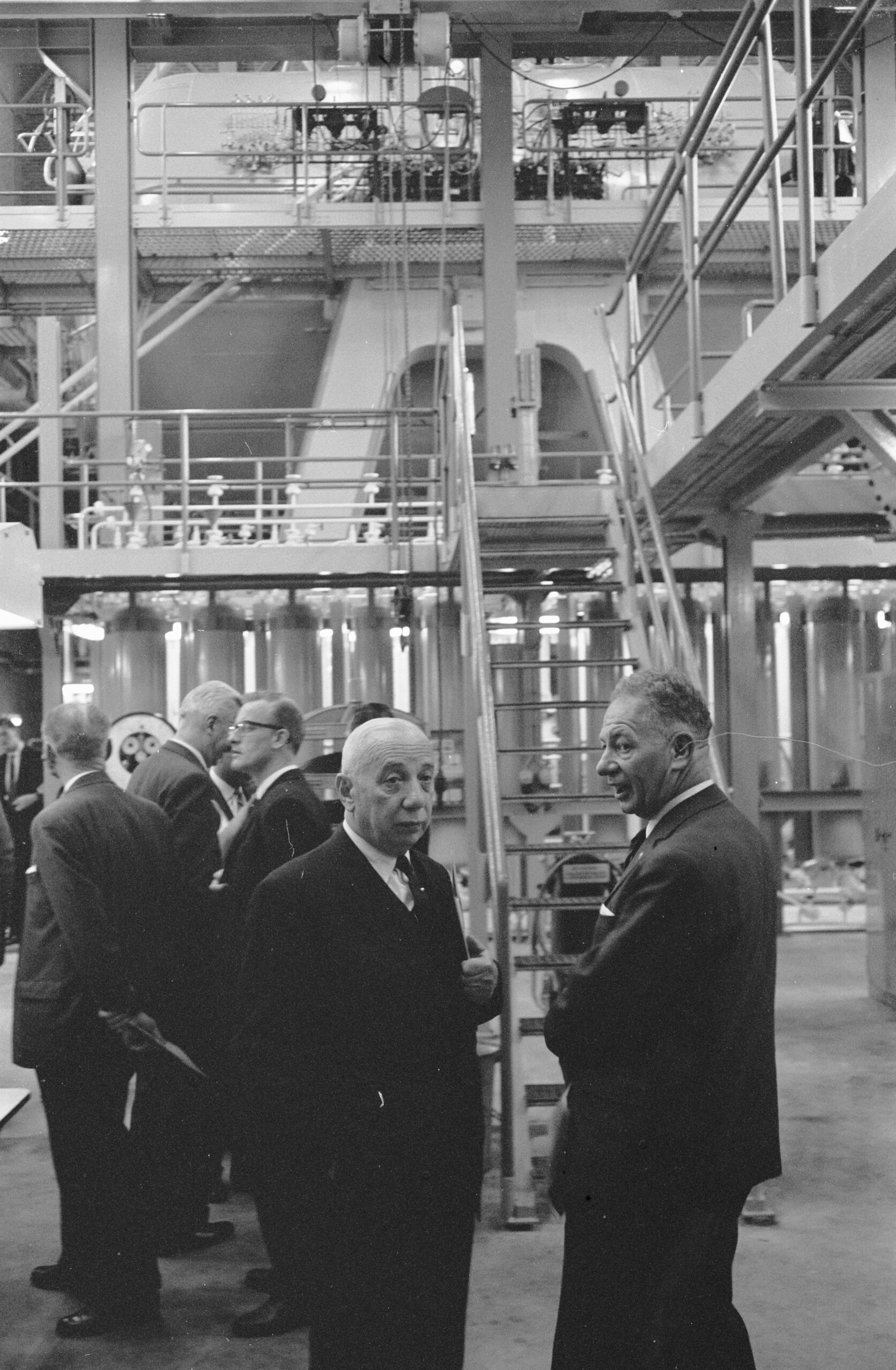You will have to communicate with colleagues and other people for your career. You might find yourself in an environment where strong written communication skills are required, or maybe you want to do it more effectively.
This post aims to offer some tips for communicating at work and what engineers should learn to do to be successful. It is also informative on how others can help deal with over-communication issues: being a great communicator.
We believe that, more often than not, communication issues lead to mutual frustration and then anger.
There are several ways to approach this situation you find yourself in:
To be a great communicator…
1. Understand how people learn and how they process information.
Find out how they prefer to receive information and in what format it would be the most effective. Respect their preferences and make the best of them.
2. Remember that communication is not transactional.
In most cases, don’t expect any feedback; just document what you’ve done instead of looking for approval or validation.
3. Don’t use the words “I need you to do x, y, z with no explanation for why it is required.”
Provide context for the ask so your team member can understand it on a larger scale than just their role and responsibilities.
4. Be predictable.
Don’t be a black box. If you decide to say something to someone, stick with it, and be consistent. If you cannot deliver on your promise, then let them know as soon as possible so they can move on and work towards their goals.
5. Be explicit about the meaning of tasks, assignments and responsibilities.
Communication breakdowns happen when there is conflict around understanding roles, instructions and expectations.
6. Be mindful of your own communication style.
Think about what you say before you say it. Do you present everything negatively, or do you sometimes speak in absolutes? If so, people might perceive your comments as aggressive and avoid you.
7. Practice active listening to ensure that your communication is effective and that your team members feel understood.
When communicating, really listen to what the other person has to say, don’t just wait for them to stop speaking so you can say something else. That might come across as disengaged.
8. Avoid gossip about other people.
Share information about the positive and negative aspects of your team members and their roles but stop short of gossip. It undermines trust, leads to a decrease in productivity, and is never constructive.
9. Express gratitude for the people that you work with.
You never know what little gestures of appreciation can mean a lot to the people you work with.
10. Take a break every hour to relax and clear your head before continuing to work on a project or task.
11. Don’t allow yourself to be the victim of gossip, jokes, passive-aggressive behaviour, etc.
If someone doesn’t like you, treat them with respect and dignity. If they start to feel uncomfortable with your behaviour, it may be better to change your approach rather than put up with their nonsense.
12. Finally, understand that being a great communicator requires you to be able to listen more than able to speak.
Use pauses in your conversations to collect your thoughts. Be careful not to get nervous when you have to talk in front of large groups of people, as it might affect the quality of your performance and make you seem like a broken record.
In summary, if you want to be a great communicator, then you need to practice active listening and start thinking about the meaning and consequences of what you say before you say it. Relax and have fun with your communication skills. Don’t be too serious about it, as it might make you seem like a broken record. In the end, all of what we do is just noise for the sake of being heard. Be the one who can better handle it than be easily upset.
The right attitude and the right way of doing things are more important than great knowledge or skill sets. Being a strong communicator is just as important, if not more so, compared to what your specific job title is. We would also like to note that it is not just about verbal communication but also nonverbal communication as well as body language. It is all about understanding how your team members process information, what their preferences are to receive information and in what format it would be the most effective.
Are you looking for a career in chemicals, food, or life sciences? Check Our Work. Can’t find the right vacancy? Let us know! We have more to offer. 

